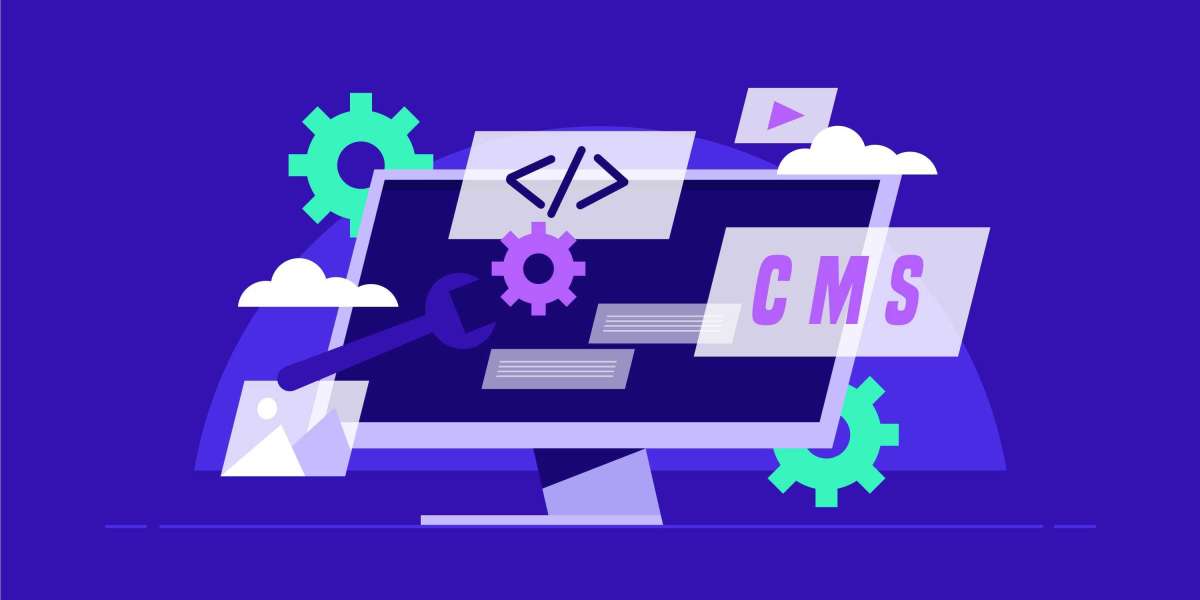In today’s fast-paced world of web development, choosing the right technology stack can significantly impact the performance, scalability, and success of an application. One such robust and efficient technology stack is the MEAN Stack Development. The MEAN stack is a collection of powerful tools consisting of MongoDB, Express.js, Angular, and Node.js, all of which are built using JavaScript. This full-stack solution allows developers to work seamlessly across the entire development process, from the client side to the server side, using a single language—JavaScript.
The MEAN stack has become a popular choice for full-stack web development due to its flexibility, scalability, and efficiency. In this blog, we’ll explore the numerous advantages of using the MEAN stack for full-stack web development and why it’s a go-to solution for modern web applications.
- Single Language for Both Client and Server-Side
One of the most significant advantages of using the MEAN stack is the use of JavaScript for both the client-side and server-side of the application. Traditionally, developers had to work with different programming languages for the front-end (such as HTML, CSS, and JavaScript) and back-end (like Python, Ruby, or Java). This meant context switching, learning multiple languages, and dealing with interoperability issues.
With the MEAN stack, you only need to learn JavaScript, which simplifies the entire development process. From writing server-side logic with Node.js to building dynamic user interfaces with Angular, developers can utilize the same language across the entire application. This reduces development time, enhances code maintainability, and streamlines collaboration among developers.
- Highly Scalable and Flexible
Scalability is a key factor when choosing a technology stack for web development. MEAN stack applications are highly scalable, making them ideal for businesses that expect rapid growth. MongoDB, the database in the MEAN stack, is a NoSQL database that allows you to store data in flexible, JSON-like formats. Unlike traditional relational databases that require a rigid schema, MongoDB’s schema-less design allows you to scale your database as your application grows, handling large amounts of unstructured data with ease.
Additionally, Node.js, with its non-blocking, event-driven architecture, ensures that your application can handle a high volume of simultaneous requests, providing real-time data processing and scalability. As your application grows, you can easily add more resources without worrying about bottlenecks or performance issues.
- Faster Development Process
The MEAN stack is designed to accelerate the development process. With all four components—MongoDB, Express.js, Angular, and Node.js—being open-source and actively maintained by large communities, developers have access to a wealth of libraries, tools, and resources that can streamline development.
Angular’s powerful features, such as two-way data binding and dependency injection, reduce the amount of code developers need to write, making the front-end development process faster and more efficient. Express.js simplifies back-end development by providing a minimalistic framework for building robust web applications and APIs. Node.js’s asynchronous nature ensures that the server can handle multiple requests concurrently without waiting for one to complete, which further speeds up development.
Moreover, the consistency of using a single language across the entire stack results in fewer bugs, easier testing, and faster delivery of the product.
- Real-Time Applications and Performance
Real-time applications, such as chat applications, social networks, and collaborative platforms, require robust and efficient handling of live data. The MEAN stack is particularly well-suited for real-time web applications due to the combination of Node.js and WebSockets.
Node.js's event-driven, non-blocking I/O model allows for real-time communication and instant data updates. Express.js works seamlessly with Node.js to manage server-side logic, and Angular can quickly render real-time data on the client side. This combination of technologies ensures that your real-time application performs efficiently and handles large numbers of concurrent users without compromising on speed.
- Cost-Efficiency and Easy Maintenance
The MEAN stack provides a cost-effective solution for full-stack development. Since all components are open-source, there are no licensing fees, and the availability of free libraries and tools further reduces costs. Additionally, using a single language (JavaScript) for both front-end and back-end development simplifies the development process and reduces the number of developers needed.
As your application evolves, maintaining and updating your MEAN stack application is easy. The single-language structure makes debugging and troubleshooting faster and more efficient. The strong community support for each of the components—MongoDB, Express.js, Angular, and Node.js—means that you can easily find solutions to issues and access up-to-date documentation.
- Mobile App Cost Calculator
For businesses looking to expand their web application into a mobile app, understanding the cost of development is crucial. A mobile app cost calculator can help you estimate the costs involved in converting your MEAN stack web application into a mobile app. These calculators take into account factors such as the platform (iOS, Android), app complexity, and required features to provide a reliable estimate. Using a mobile app cost calculator helps businesses make informed decisions about their app’s development and budget.
If you're interested in exploring the benefits of mean development services for your business, we encourage you to book an appointment with our team of experts.
- Cross-Platform Development
Another notable advantage of using the MEAN stack is its ability to facilitate cross-platform development. The combination of Angular and Node.js allows developers to create applications that can run on both the web and mobile platforms. By leveraging frameworks like Ionic or React Native, which work seamlessly with Angular, developers can create mobile applications for iOS and Android using the same codebase. This not only saves time but also ensures consistency across all platforms.
- Integration with Cloud Platforms
MEAN stack applications can be easily integrated with cloud platforms like AWS, Microsoft Azure, and Google Cloud, making them highly suitable for businesses that require cloud-based solutions. Node.js is well-suited for cloud environments due to its lightweight and fast nature, while MongoDB provides cloud hosting options such as MongoDB Atlas. These integrations allow businesses to host their applications in the cloud, offering benefits like improved reliability, security, and scalability.
Conclusion
The MEAN Stack Development offers numerous advantages for developers looking to build powerful, scalable, and efficient full-stack web applications. Its unified use of JavaScript across the entire stack, combined with the scalability and flexibility of MongoDB, Node.js, Express.js, and Angular, makes it an ideal choice for modern web development. Additionally, the cost-effectiveness, ease of maintenance, and ability to integrate with mobile app development frameworks further enhance its appeal.
For businesses looking to expand into mobile apps, using a mobile app cost calculator can help estimate the costs and plan accordingly. If you’re considering developing a full-stack web application or need assistance with Windows application development services, our team of experts is here to help. Contact us today to book an appointment and take your project to the next level!














